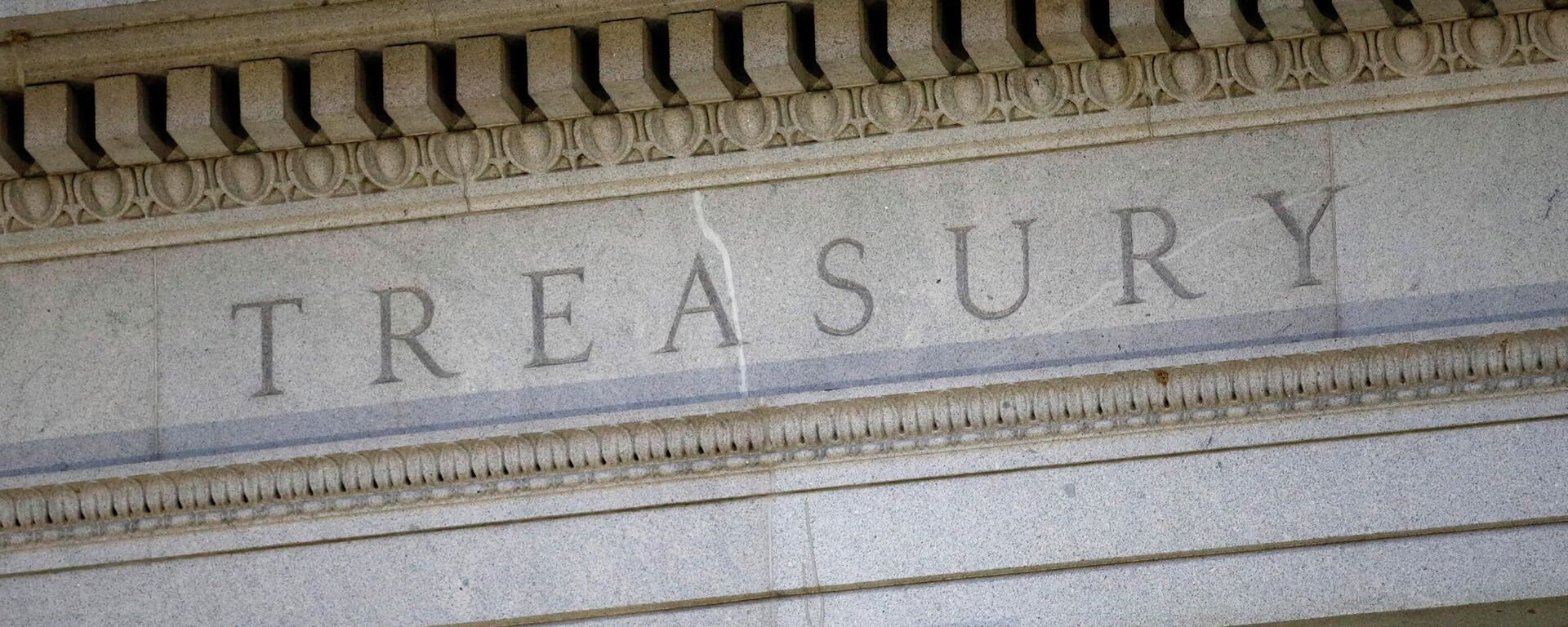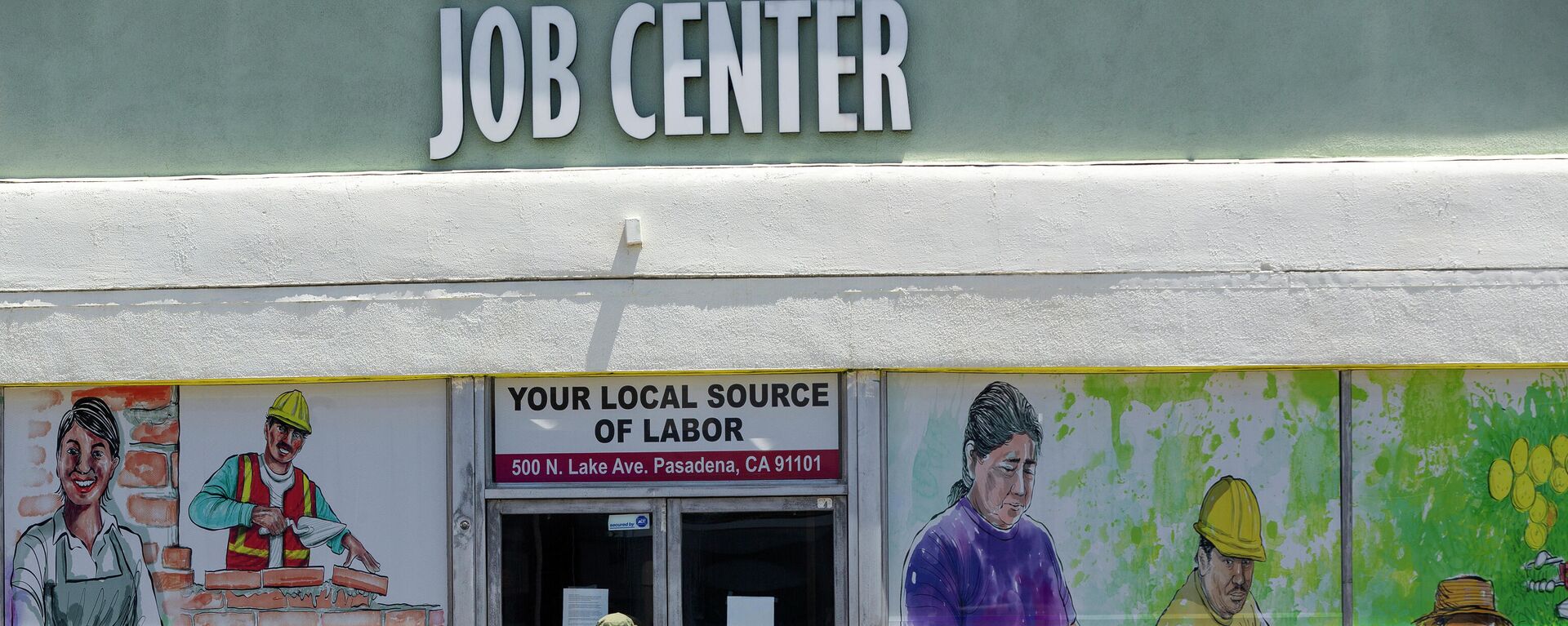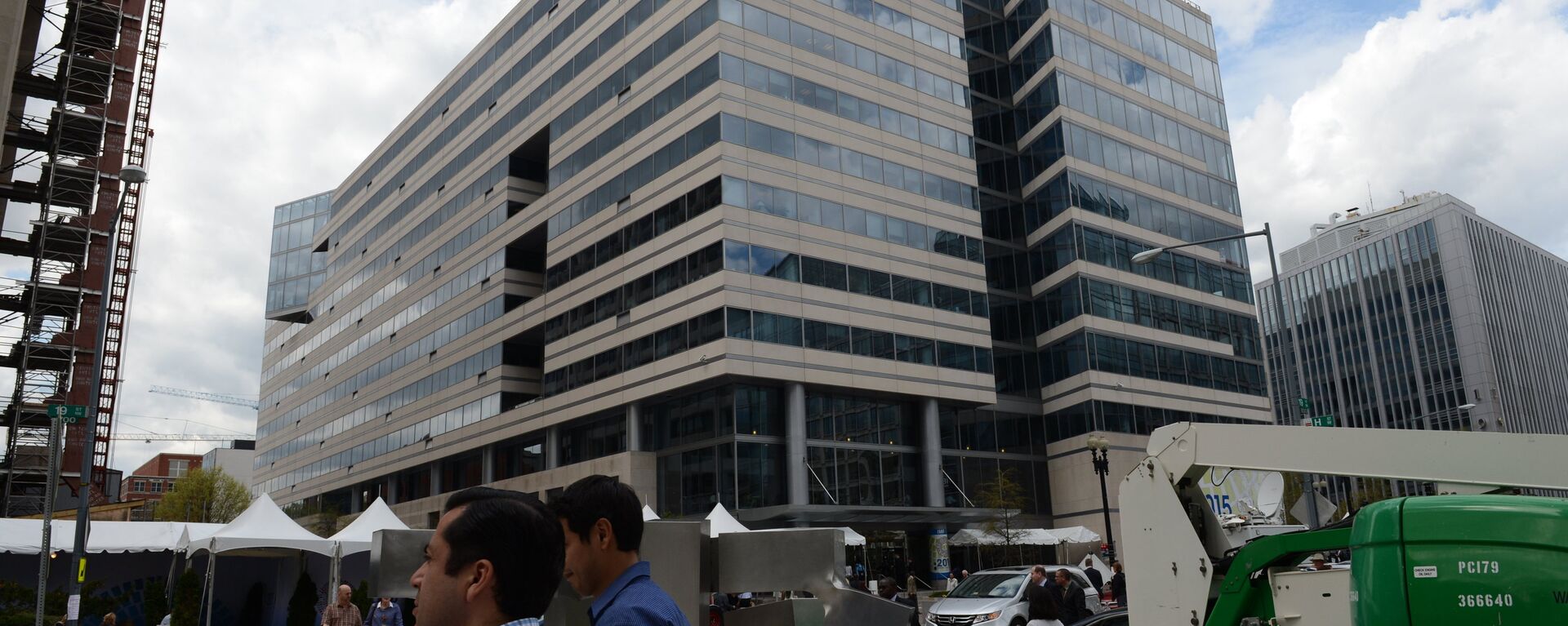‘People’s Minds Are Made Up’: Experts Predict 2023 Recession Fears Won’t Impact Midterm Votes Much

CC0 / /
Subscribe
On Tuesday, a preview of Fitch’s forthcoming ratings report revealed yet another economic prediction that the United States will enter a recession early next year. This follows similar statements by S&P Ratings, JPMorgan Chase CEO Jamie Dimon, and former US Treasury Secretary Larry Summers.
Several experts told Sputnik on Tuesday that the Biden administration has tried to put a positive spin on the ambiguous economic situation, but that it would have little effect on the upcoming midterm elections.
“It is important for the president of any country to build confidence in the markets or avoid any speech leading to panic in the markets,” Ayse Kabukcuoglu Dur, Assistant Professor of Economics at the Poole College of Management, North Carolina State University, told Sputnik on Tuesday.
“The US economy is currently not in a recession. Its labor market is very strong, with low unemployment rates and job growth, like you said. One major problem however is high inflation rates and rising living costs, which led the Federal Reserve to take a strong action for. The Fed's policies will surely be restrictive for the economy,” she said. “And if inflation cannot be brought down to the long-term target of 2% soon, Fed's policies may continue to contract the economy.”
Dur said that the stubbornness with which high inflation has clung to the US economy, despite the Fed’s steady interest rate hikes, has soured many an economist’s outlook.

10 October 2022, 13:07 GMT
“[I]t is expected that the Fed will continue with interest rate hikes for a prolonged period of time, which increases the likelihood of a recession. But it is possible that, even if there is a recession, it may be a mild one because the labor market is already strong,” she noted.
“It is hard to guess how these forecasts may affect the November midterms or how the president's campaigning may affect the elections,” Dur told Sputnik. “But the economy is currently not in a recession, and this is probably all that matters for most people. Unfortunately, not everyone really reads about economics news or follows these forecasts. So voters may respond strongly only if there is a severe recession that can be felt deeply through high unemployment rates and high living costs in particular, and if they believe that the recession is the fault of the current administration.”
However, financial and political commentator Tom Luongo dismissed that position as “word games” and “electioneering,” telling Sputnik that “recession is already here. We’ve had 2 straight quarters of negative GDP growth, which has been their metric for an economic downturn for almost three generations.”
Luongo said that Biden is “desperately trying to massage the message” three weeks away from the November 2022 midterm elections. “That he and his staff are still trying to convince people of this at this late date tells you they’ve seen the polling and it is terrible,” he added.
“All of the main issues the Democrats have tried to persuade voters on - abortion, Ukraine, gun control, January 6 - have failed to resonate. They rank as the lowest concerns among Americans coming into the election,” he said. “Trying to jawbone the economy is a signal they know they are going to lose and want to pivot after the vote to blaming it on the Republicans. Standard issue American politics.”
When asked how much damage Fitch’s forecast could do to Biden, Luongo replied: “Not much at this point. People’s minds are made up.”
He explained that the country’s unique unemployment problem - losing high-paying specialist positions while adding tons of working-class jobs - was masked by official statistics but was a reality Americans are confronting every day.
“No one is going to thank Joe Biden for giving them access to the fry cook job at the local Wendy’s when they used to run a factory,” he quipped.
Daniel Lacalle, chief economist and investment officer at Tressis Gestion, told Sputnik that Biden “is trying to give positive messages into the midterm elections. However, the data is concerning and the risks are real.”
“According to polls, the economy is the most crucial factor. Inflation, housing, and the decline in manufacturing are all key elements for voters,” Lacalle noted. “The employment situation is still positive but real wages are in negative territory, and this is more important for many voters than actual job creation.”
Lacalle predicted that “the recession is almost inevitable because the excess of stimulus of the past will generate a weaker economy,” adding that “if the US falls into recession, most emerging economies are likely to weaken as well.”
Michael R. Englund, principal director and chief economist for Action Economics, told Sputnik that “the administration's focus on employment growth is also predictable, as rapid job growth in 2022 is the primary reason why the NBER [National Bureau of Economic Research] is unlikely to declare 2022 a recession-year, despite the quarterly declines for US GDP growth in Q1 and Q2 of -1.6% and -0.6%, respectively, after the upside pop of 7.0% in Q4 of last year. The NBER looks closely at labor market data to determine the timing of recessions and expansions.”
“The risks of recession in 2023 have certainly risen over the past month, due largely to upside surprises for most core inflation measures in September, after similar upside surprises in August, which have raised expectations of the ‘terminal rate’ for the Fed funds rate with the Fed’s current tightening cycle,” Englund explained.
“We currently peg this peak at a lofty 5.125% by January, before the Fed is able to pause its tightening path in the face of diminishing core inflation gains and a weakening economy,” he noted.
“One factor supporting US growth is the massive rise in demand for US food and energy products, which will provide a floor for the US economy in 2023. The US economy will also receive support through 2023 from a recovery in global travel, as the US historically runs a large surplus in tourist and business travel activity. A shortfall in US aggregate demand growth in 2023 will largely impact output in Asia, which is already struggling with China’s zero-covid strategy, and should have little impact on the economies of Europe.”





